Editorial board
Editors of this journal work on a purely voluntary basis without remuneration in line with the not-for-profit philosophy of the EGU.
Executive editor
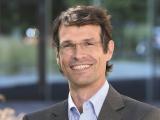
Ulrich Pöschl
Max Planck Institute for Chemistry
Multiphase Chemistry Department
Multiphase Chemistry Department
Germany

Editors
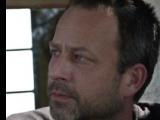
Steven Bouillon
KU Leuven
Soil and Water Management
Soil and Water Management
Belgium

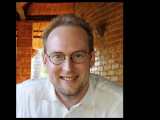
Rémi Cardinael
CIRAD
UR AIDA
UR AIDA
France

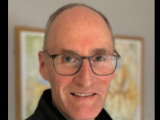
Ken Carslaw
University of Leeds
School of Earth and Environment
Institute for Climate and Atmospheric Science
School of Earth and Environment
Institute for Climate and Atmospheric Science
United Kingdom

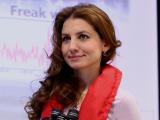
Ira Didenkulova
University of Oslo
Norway

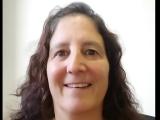
Barbara Ervens
CNRS
Université Clermont Auvergne
Institut de Chimie de Clermont Ferrand
Université Clermont Auvergne
Institut de Chimie de Clermont Ferrand
France

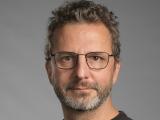
Peter Fiener
Universität Augsburg
Geography
Geography
Germany

Christian Franzke
Pusan National University
Center for Climate Physics, Institute for Basic Science
Climate System
Center for Climate Physics, Institute for Basic Science
Climate System
Korea, Republic Of
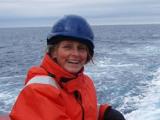
Karen J. Heywood
University of East Anglia
School of Environmental Sciences
Centre for Ocean and Atmospheric Sciences
School of Environmental Sciences
Centre for Ocean and Atmospheric Sciences
United Kingdom

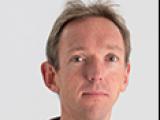
John K. Hillier
Loughborough University
Geography and Environment
Geography and Environment
United Kingdom

Mario Hoppema
Alfred Wegener Institute Helmholtz Centre for Polar and Marine Research
Germany
Niels Hovius
GFZ Helmholtz Centre for Geosciences
Section 4.6
Section 4.6
Germany
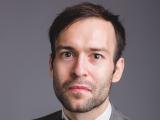
Sam Illingworth
Edinburgh Napier University
Department of Learning and Teaching Enhancement
Department of Learning and Teaching Enhancement
United Kingdom

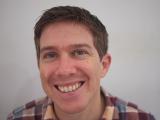
Douglas Jerolmack
University of Pennsylvania
University of Pennsylvania
Department of Earth and Environmental Science
University of Pennsylvania
Department of Earth and Environmental Science
United States

Axel Kleidon
Max-Planck-Institut für Biogeochemie
Biospheric Theory and Modelling
Biospheric Theory and Modelling
Germany
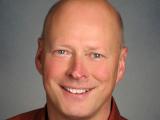
Andreas Lang
Paris Lodron University Salzburg
Department Environment and Biodiversity
Department Environment and Biodiversity
Austria

Engracia Madejón Rodríguez
CSIC
IRNAS (Instituto de Recursos Naturales y Agrobiología de Sevilla)
IRNAS (Instituto de Recursos Naturales y Agrobiología de Sevilla)
Spain
Ana M. Mancho
Consejo Superior de Investigaciones Científicas
ICMAT
ICMAT
Spain
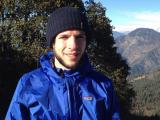
Gabriele Messori
Uppsala University
Dept. of Earth Sciences
Dept. of Earth Sciences
Sweden

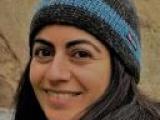
Solmaz Mohadjer
University of Tübingen
Transdisciplinary Course Program
Transdisciplinary Course Program
Germany

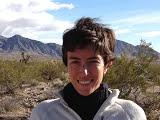
Paola Passalacqua
ETH Zürich
Institute of Environmental Engineering
Department of Civil, Environmental and Geomatic Engineering
Institute of Environmental Engineering
Department of Civil, Environmental and Geomatic Engineering
Switzerland

John Quinton
United Kingdom
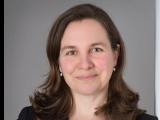
Anja Rammig
Technical University of Munich
School of Life Sciences
Life Science Systems
School of Life Sciences
Life Science Systems
Germany

Daniel Schertzer
Retired from École nationale des ponts et chaussées | Institut Polytechnique de Paris
France
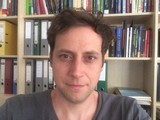
Wolfgang Schwanghart
University of Potsdam
Institute of Environmental Science and Geography
Institute of Environmental Science and Geography
Germany

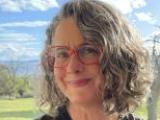
Bernadette Sloyan
CSIRO
Environment
Environment
Australia

Paul Stoy
University of Wisconsin - Madison
Biological Systems Engineering
Biological Systems Engineering
United States
Olivier Talagrand
École Normale Supérieure
Geosciences
Geosciences
France
Anne Marie Treguier
CNRS Délégation Bretagne et Pays de Loire
Laboratoire d'Oceanographie physique et spatiale
Laboratoire d'Oceanographie physique et spatiale
France
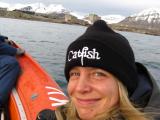
Tina Treude
University of California, Los Angeles
Earth, Planetary, and Space Science & Atmospheric and Ocean Sciences
Earth, Planetary, and Space Science & Atmospheric and Ocean Sciences
United States

Stéphane Vannitsem
Nanyang Technological University
School of Physical and Mathematical Sciences
School of Physical and Mathematical Sciences
Singapore
Kristof Van Oost
UCLouvain
Geography
Geography
Belgium
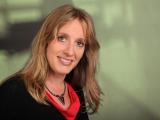
Kirsten v. Elverfeldt
HeiGIT gGmbH
Germany

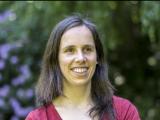
Sara Vicca
University of Antwerp
Bioscience engineering
Bioscience engineering
Belgium

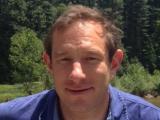
A. Joshua West
University of Southern California
Earth Sciences
Earth Sciences
United States

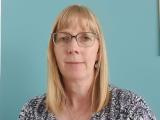
Jeanette Whitaker
UK Centre for Ecology & Hydrology
Plant-Soil Interactions
Plant-Soil Interactions
United Kingdom


